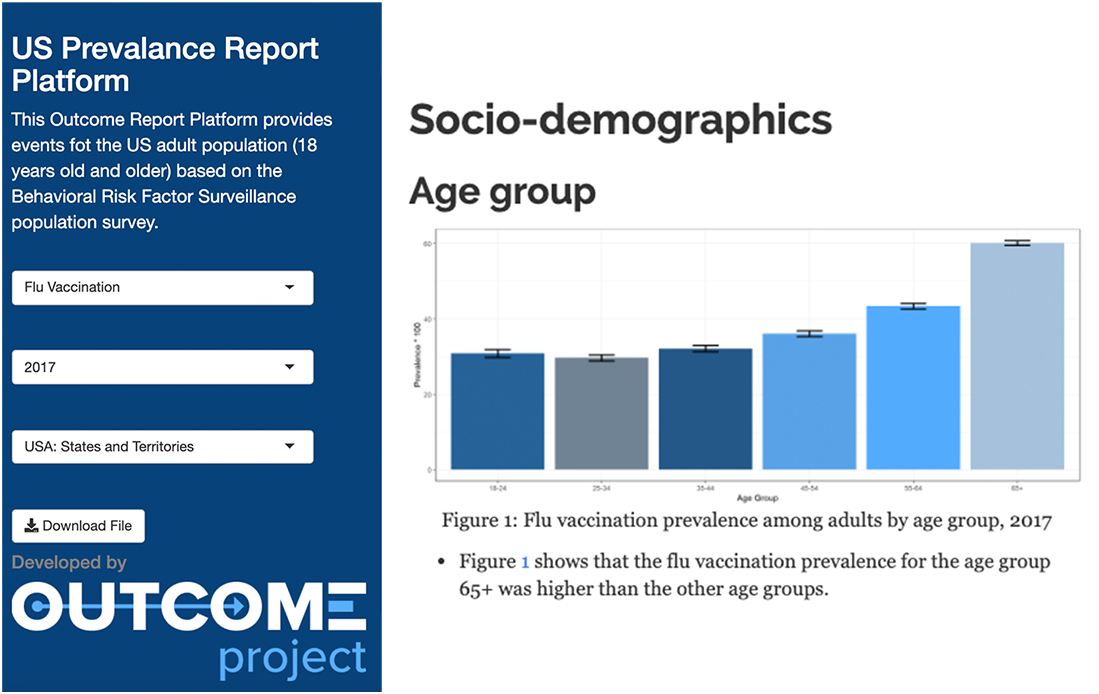Authors: Kiara Sitiriche & Gabriela Soto-Canetti
With everything happening in the world, it is essential to keep in mind how important consciousness in immunization is, especially during epidemics. Immunization is the process in which you are made resistant to infectious diseases through vaccination. We are given vaccines since the day we are born so that our immune systems can fight against infectious diseases. However, staying up to date with vaccines throughout your entire life is essential not only for your health, but for the health of others around you.
Immunization currently prevents around 3 million deaths a year in all age groups. Although some might argue the contrary, vaccines save thousands of lives worldwide proving that they are one of the biggest scientific breakthroughs in human history. Vaccines have helped control many epidemics in the past century as well as have taken part in the eradication of some tragic diseases. For example, smallpox, a devastating disease that caused the deaths of hundreds, was successfully eradicated from the world in 1980 thanks to a global vaccination campaign that ensured the immunization of millions.
According to the University of Michigan Health System, there are four main reasons why immunization is so important:
- Vaccinations prevent you or your child from getting diseases that might not have medical treatment. Such illnesses can cause serious complications, or even death.
- There are groups of people with impaired immune systems that are more susceptible to these illnesses and may not develop immunity even after getting vaccinated. Their only protection is that those around them get vaccinated in order to diminish illness propagation. This is what is often referred to as herd immunity.
- Vaccinations cost less than the medical treatment for certain diseases.
- When communities are exposed to certain diseases, there is a smaller risk of epidemics developing (like COVID-19) if people are immunized because the spread is diminished.
During times of the COVID-19 pandemic, in which we live with doubt about the certainty of immunization, it is important that we educate ourselves on the consequences of not being up to date with our vaccines. While a vaccine for COVID-19 may not exist yet, we can start by building on what we have at hand now. Vaccines for preventable infectious diseases like the flu have been available to us for decades. Although it may sound trivial at times, it truly is a matter of life or death, especially with life threatening diseases like COVID-19.
With a platform like Matrix2Metrics, you are able to access data pertaining to different types of vaccinations and get a look at the significance of this process. Whether you want to retrieve information on vaccination for the common flu or a pneumonia shot, Matrix2Metrics offers you reliable data and reports concerning both.

Furthermore, with data from our platform, you can discover important population trends such as which age groups are being vaccinated less, and other sociodemographic factors that may or may not be related to vaccination and morbidity rates. Whether you are a student working on a research project or a public health professional working on a report, our platform provides you with the right tools to build your project. With Matrix2Metrics you have at your fingertips the opportunity of expanding your knowledge on vaccines and how crucial they are to our collective health.
If you are a public health student or professional and would like to explore these and many more statistics, feel free to visit Matrix2Metrics and join our Feedback Program to get early access.





